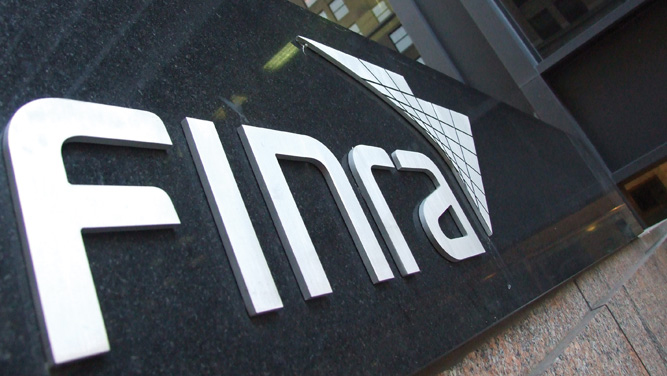
You might think federal employees have similar needs to your so-called civilian clients. And perhaps you’re already providing these clients with the same portfolio construction and financial plan as your other clients. “I have met with 2 advisors recently that came highly recommended,” a federal employee recently wrote in a blog post on FedSmith.com. “But, neither understood federal benefits.” Randy Silvey, a contributor to the site, wrote back with some tips on finding an advisor with a fed-focused practice: “You can find this out by reviewing their website. If Feds aren’t mentioned or are mentioned only as one group in many, keep looking.” The advisor should also be Series 7 licensed for at least 10 years, and the investor should like talking to them and believe the advisor listens to their needs.

The Financial Industry Regulatory Authority is warning senior investors away from binary options. With these products, the investment either makes a pre-specified amount of money or nothing at all. If it's the latter, that means the investor loses his or her entire investment. So not only are these extremely risky investments, but the regulator says it's also an area brimming with fraud. FINRA's Securities Helpline for Seniors has fielded numerous calls from investors reporting binary options trading firms that failed to deposit funds, refused to return funds or charged fees in order to return investment assets. FINRA says investors should be wary, particularly of non-U.S. companies.

Deutsche Bank still isn’t sold on robo advisors. In an interview with OnWallStreet, Chip Packard, the co-head of Deutsche’s U.S. wealth management division, said the bank will continue to invest in technology but the ultra high-net-worth clients Deutsche serves in the U.S. aren’t demanding a robo. Instead, they want greater transparency, more up-to-date information and higher quality data. “I can see a lot of our clients demanding some of solutions they might receive from a robo advisor, such as enhanced data analytics and reporting capabilities, within the context of a broader wealth manager relationship, where a lot of those pieces can’t be filled by a robo advisor,” Packard said. He said a robo advisor might be more relevant to Deutsche's clients in other countries.
Almost Half of Christian Millennials Turn to Their Faith for Financial Advice

A large number of Christian millennials have turned to a faith community or religious leader to seek financial advice, according to study released this month by Thrivent Financial, a non-profit financial services organization based in Minnesota. The organization's inaugural Money Mindset Report indicates that 45 percent of Christian millennials have taken this route, as compared to 1 in 4 Christians overall. The goal of the research was to explore Christians' relationship with money. Another top finding noted that 69 percent of American Christians said they would rather be called generous than financially successful, a number juxtaposed with just 27 percent of Christians who are very confident they are making the right decisions about their money. The Thrivent Financial survey was conducted by Wakefield Research, a market research consultancy, and included 1,000 nationally representative U.S. Christians over the age of 18.




